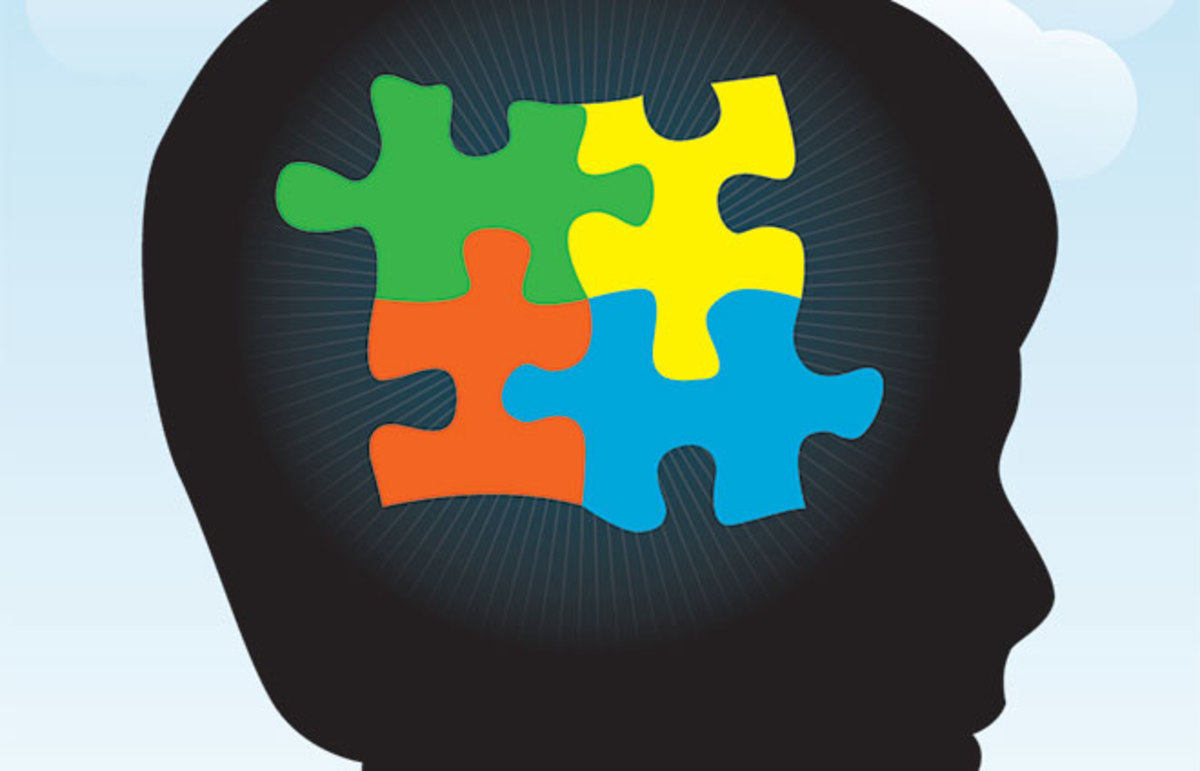The symptom severity of autism is lower in girls than in boys during early childhood, new research by the University of California has found. The results were published in the Journal of Autism and Developmental Disorders.
In the United States, an estimated 1 in 54 children is diagnosed with autism spectrum disorder. In past studies, it was determined that a diagnosis for autism usually occurs later in life for females in early childhood.
In the new findings, 125 children, 89 of which were boys and 36 girls, were evaluated as part of the Autism Phenome Project (APP) at age 3 and 6. In their evaluations, symptom severity, adaptive functioning, and intellectuality were measured and scored.
“Each child was assigned a change score, representing the difference between ADOS Calibrated Severity Scores (CSS) at the two ages,” the findings read. “A Decreased Severity Group (28.8%) decreased by 2 or more points; a Stable Severity Group (54.4%) changed by 1 point or less; and an Increased Severity Group (16.8%) increased by 2 or more points.”
According to researchers, girls with autism exhibited less severe symptoms compared to boys. The study also indicated that an estimated 30 percent of children exhibited less severe symptoms of the developmental disorder at age 6 than at age 3.
“We found that girls with autism decrease in severity more than boys and increase in severity less than boys during early childhood,” said Einat Waizbard-Bartov, co-author of the study.
“The fact that more of the girls appear to have decreased in autism severity may be due to an increasing number of girls compared to boys who, with age, have learned how to mask their symptoms. We will explore this possibility in future studies,” Waizbard-Bartov concluded.


